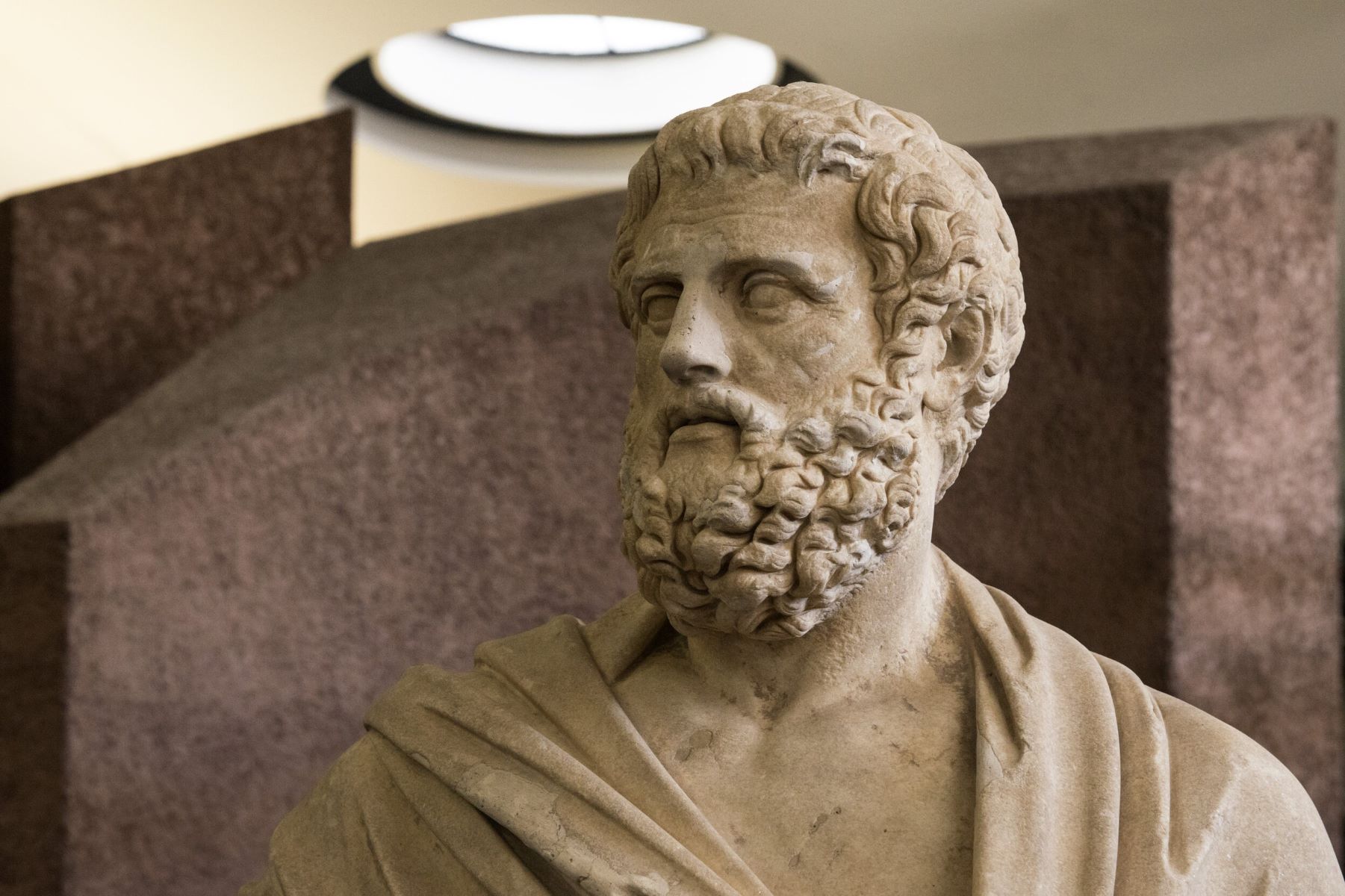
Who was Sophocles? Sophocles was one of ancient Greece's greatest playwrights, known for his powerful tragedies. Born around 496 BC in Colonus, near Athens, he lived during a time of significant cultural and political change. His works, including the famous "Oedipus Rex" and "Antigone," have influenced literature and drama for centuries. Sophocles introduced innovations in theatrical structure, such as adding a third actor, which allowed for more complex character interactions. He also focused on human emotions and moral dilemmas, making his plays relatable even today. With over 120 plays attributed to him, only seven have survived in complete form, showcasing his enduring legacy.
Key Takeaways:
- Sophocles, an ancient Greek playwright, made significant contributions to Greek theatre, including introducing the third actor and using painted scenery, shaping the future of dramatic storytelling.
- His timeless works, like "Oedipus Rex" and "Antigone," continue to influence modern literature and storytelling, exploring universal themes like fate, free will, and the human condition.
Who Was Sophocles?
Sophocles, an ancient Greek playwright, is one of the most celebrated figures in classical literature. His works have influenced countless generations and continue to be studied today. Here are some fascinating facts about this legendary figure.
-
Sophocles was born around 497/496 BC in Colonus, a village near Athens. His birthplace is now a part of modern-day Greece.
-
He wrote over 120 plays during his lifetime. However, only seven have survived in complete form, including famous works like "Oedipus Rex" and "Antigone."
-
Sophocles introduced the third actor to Greek drama. This innovation allowed for more complex character interactions and plot developments.
Contributions to Greek Theatre
Sophocles made significant contributions to the development of Greek theatre, setting the stage for future playwrights.
-
He was the first to use painted scenery. This added a visual element to his plays, enhancing the audience's experience.
-
Sophocles increased the size of the chorus from 12 to 15 members. This change allowed for more elaborate musical and dance performances.
-
He won the first prize at the Dionysia festival at least 18 times. The Dionysia was a major festival in ancient Athens, celebrating the god Dionysus with theatrical performances.
Personal Life and Legacy
Beyond his professional achievements, Sophocles led an interesting personal life that also contributed to his lasting legacy.
-
Sophocles held several important public offices in Athens. He served as a treasurer and a general, showcasing his versatility beyond the arts.
-
He was a contemporary of other great playwrights like Aeschylus and Euripides. This period is often considered the golden age of Greek drama.
-
Sophocles lived to be around 90 years old. This was quite an achievement in ancient times, where the average life expectancy was much lower.
Influence on Modern Literature
Sophocles' works have had a lasting impact on literature and continue to be relevant today.
-
Sigmund Freud named his famous theory the "Oedipus complex" after Sophocles' play "Oedipus Rex." This theory explores the unconscious desires of children towards their parents.
-
His plays are still performed worldwide. They are considered timeless classics that explore universal themes like fate, free will, and the human condition.
-
Sophocles' influence extends to modern storytelling. Many contemporary writers and filmmakers draw inspiration from his complex characters and intricate plots.
Timeless Influence of Sophocles
Sophocles' impact on literature and drama is undeniable. His works, like "Oedipus Rex" and "Antigone," continue to be studied and performed worldwide. These plays explore themes of fate, free will, and the human condition, resonating with audiences even today. Sophocles introduced innovations in dramatic structure, including the use of painted scenery and the addition of a third actor, which revolutionized Greek theater.
His characters are complex, showcasing a deep understanding of human nature. This complexity has made his plays timeless, influencing countless writers and playwrights over the centuries. Sophocles' legacy is not just in his plays but in the way he shaped the art of storytelling.
Understanding his contributions gives us a greater appreciation for the evolution of drama and literature. His work remains a cornerstone of classical education, reminding us of the enduring power of great storytelling.
Frequently Asked Questions
Was this page helpful?
Our commitment to delivering trustworthy and engaging content is at the heart of what we do. Each fact on our site is contributed by real users like you, bringing a wealth of diverse insights and information. To ensure the highest standards of accuracy and reliability, our dedicated editors meticulously review each submission. This process guarantees that the facts we share are not only fascinating but also credible. Trust in our commitment to quality and authenticity as you explore and learn with us.
